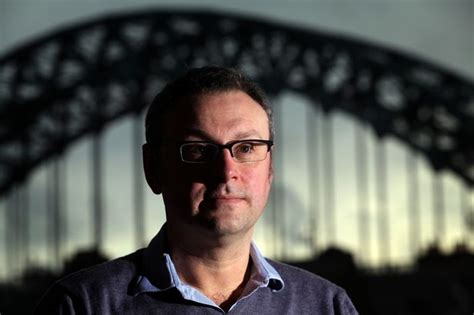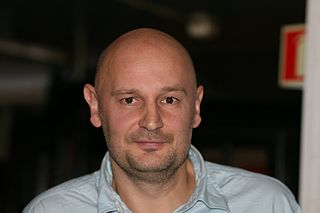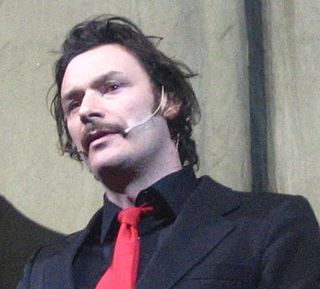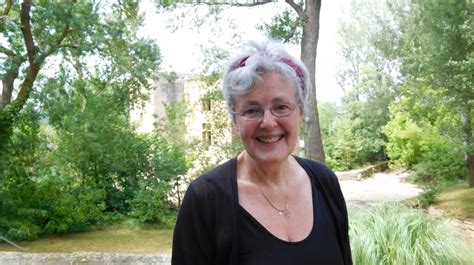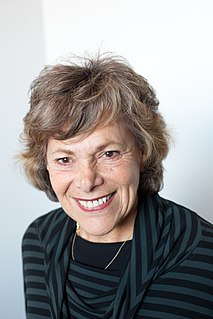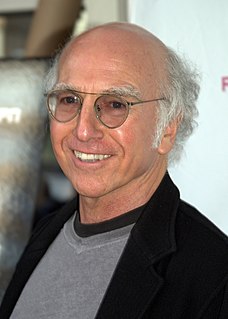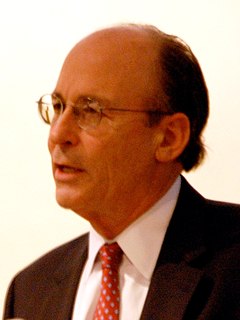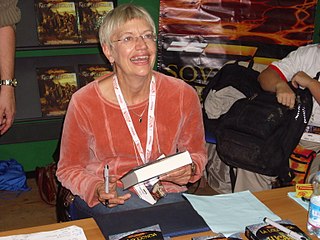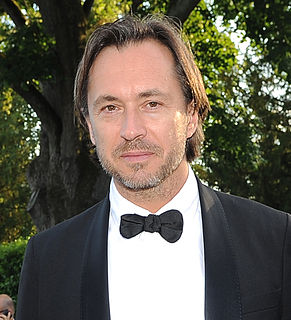A Quote by Rachel Joyce
I find that very appealing: the blurring of the lines between what's funny and what's tragic. And what's ordinary and what's not - the big things in the small things.
Quote Topics
Related Quotes
We must not drift away from the humble works, because these are the works nobody will do. It is never too small. We are so small we look at things in a small way. But God, being Almighty, sees everything great. Therefore, even if you write a letter for a blind man or you just go sit and listen, or you take the mail for him, or you visit somebody or bring a flower to somebody-small things-or wash clothes for somebody, or clean the house. Very humble work, that is where you and I must be. For there are many people who can do big things. But there are very few people who will do the small things.
You know," he said with unusual somberness, "I asked my father once why kenders were little, why we weren't big like humans and elves. I really wanted to be big," he said softly and for a moment he was quiet. "What did your father say?" asked Fizban gently. "He said kenders were small because we were meant to do small things. 'If you look at all the big things in the world closely,' he said, 'you'll see that they're really made up of small things all joined together.' That big dragon down there comes to nothing but tiny drops of blood, maybe. It's the small things that make the difference.
Studing jewelry gives you an incredible technical background. If you can work on very, very small things, then, I think, typically you find it easier to go bigger rather than the other way around. I think a lot of architects have struggled with small things. Whereas if you start small, it's easier to get bigger.

